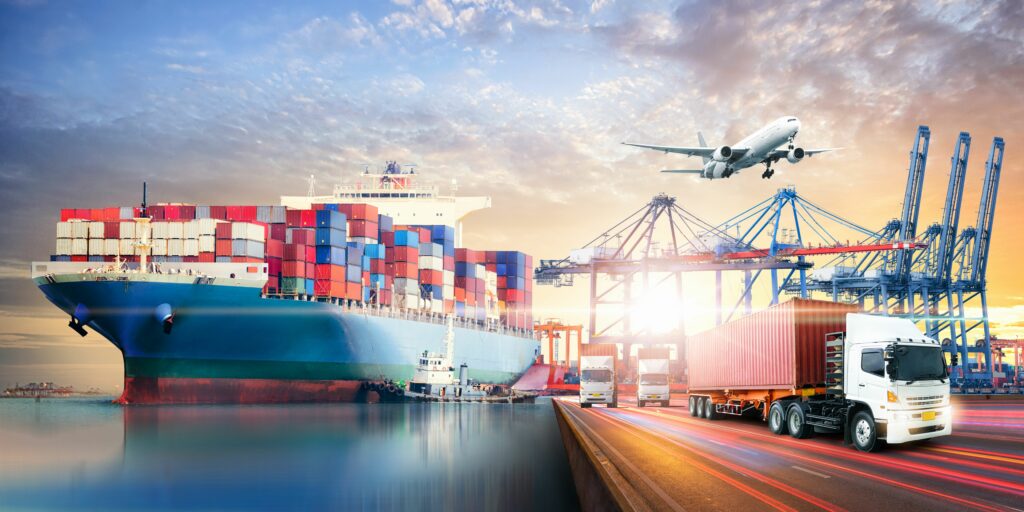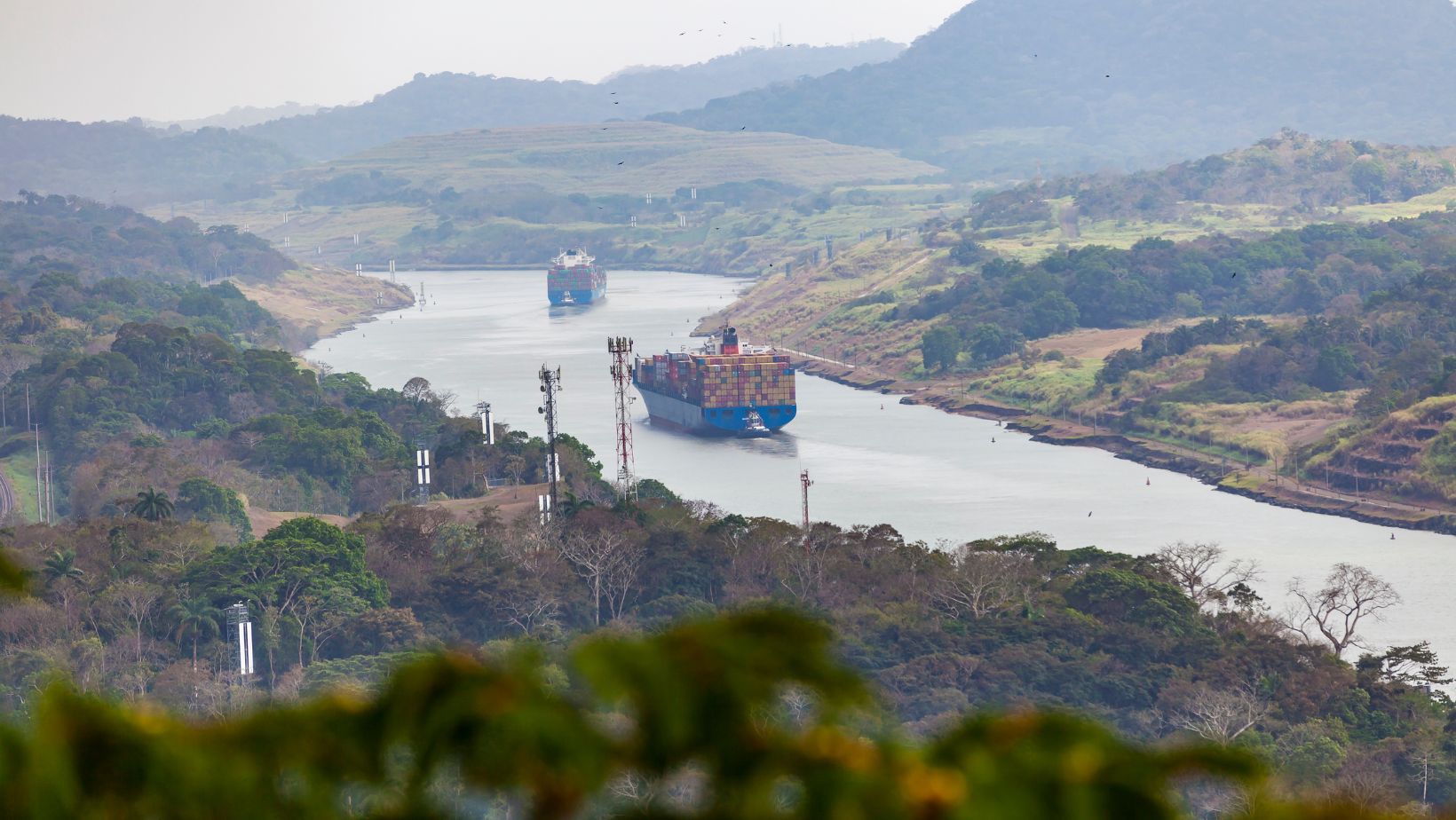Panama Canal to Reduce Ship Crossings Again Due to Drought
The Panama Canal, a vital trade route connecting the Atlantic and Pacific Oceans, is set to reduce ship crossings once again due to a severe drought. The Panama Canal Authority (ACP) recently announced that the number of daily booking slots will be significantly reduced to cope with the water shortage. This decision could have implications for global trade and shipping operations. Let’s delve into the details.
The Impact of Drought
The ACP’s decision to decrease ship crossings is a response to the ongoing drought conditions. It aims to conserve water and manage the impact of the drought on the canal’s operations. The reduction in booking slots, which was implemented on September 30, initially decreased the number of ship crossings from 32 to 31 per day. Starting from November 3, the ACP plans to further reduce the number to 25 per day, and from February 1, 2024, this number will be further decreased to 18 per day.
Water Conservation Measures
In addition to reducing ship crossings, the ACP has implemented various water conservation measures. These include cutting vessel draft and daily passage authorizations. By implementing these measures, the ACP aims to preserve water resources and ensure the sustainability of the canal’s operations during the drought period.
Navigating the Implications
The reduction in ship crossings on the Panama Canal could have significant implications for global trade and shipping. The canal serves as a crucial transit route for ships and plays a pivotal role in connecting major trading economies. The reduced capacity could potentially lead to delays, rerouting of vessels, and increased shipping costs. Industries relying on the Panama Canal for efficient transportation will need to plan for potential disruptions.
Heightening Global Trade Challenges
The drought-induced reduction in ship crossings adds to the existing challenges faced by the global trade industry, including supply chain disruptions caused by the pandemic and escalating shipping costs. It further underscores the vulnerability of global trade routes to climate-related risks and the need for adaptive measures to mitigate their impact.
Conclusion
The Panama Canal’s decision to reduce ship crossings in response to a severe drought highlights the ongoing water shortage and its impact on global trade. As the number of daily booking slots is significantly decreased, the shipping industry will need to adapt to potential disruptions and explore alternative routes and strategies. This development also emphasizes the importance of sustainable water management and climate resilience in maintaining the smooth functioning of crucial trade routes.
Source: https://www.cnbc.com/2023/10/31/panama-canal-will-slash-ship-crossings-again-due-to-drought.html#

International Logistics
If you’ve ever considered expanding your expertise in the dynamic field of logistics and supply chain management, now is the perfect time to take the plunge. Sign up now for an upcoming course:







